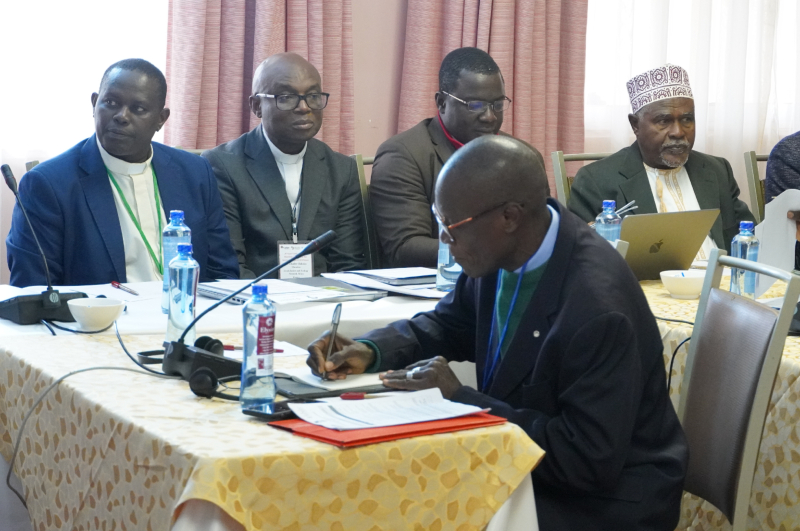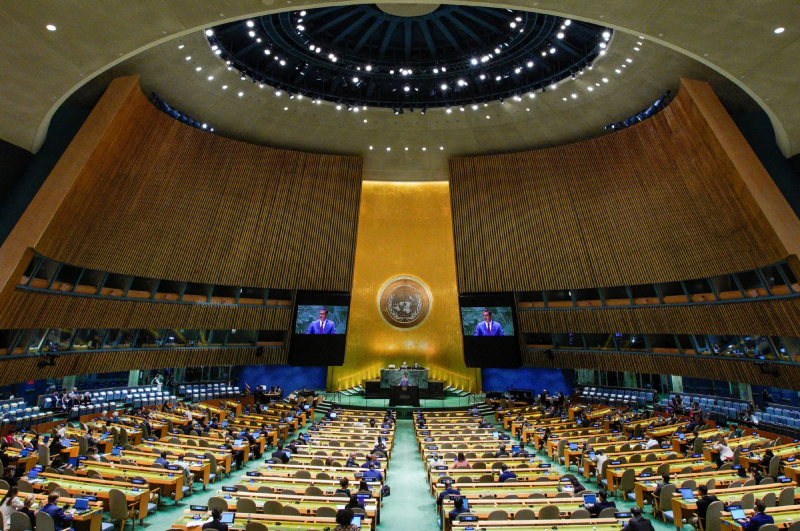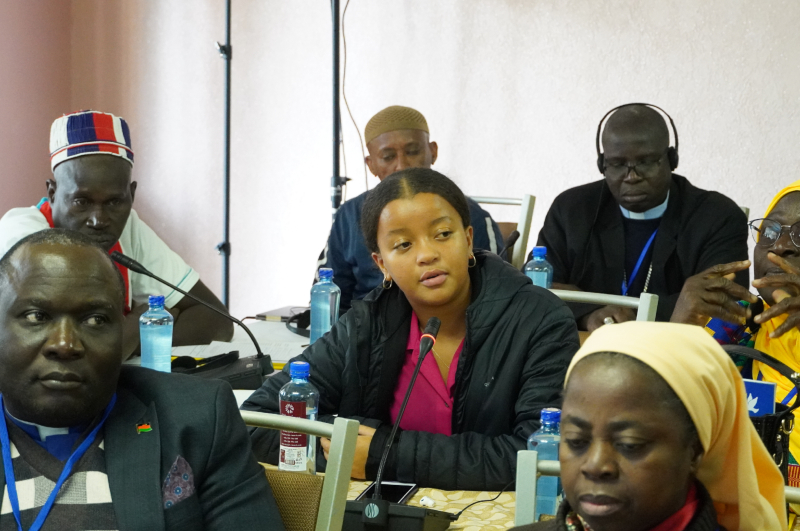

Africa currently faces numerous crises, notably the impacts of the COVID-19 pandemic, climate change, biodiversity loss, regional conflicts, and a burgeoning debt crisis.
These overlapping issues have led to increasing poverty, inequality, hunger, and governance challenges across the continent. To address these issues, a meeting of faith actors in Africa was held on 7-8 August at Elysian Resort in Nairobi, aimed to utilize the moral authority, robust networks, and considerable resources of the Church to advocate for sustainable development.
Key discussions during the meeting revolved around the role of Special Drawing Rights (SDRs), foreign aid, and Multilateral Development Banks, considering their potential to provide financial resources to African countries for crisis response and economic recovery. The significance of good governance and accountability in the effective utilization of these resources was also be underscored.
Given its long-standing commitment to promoting social justice and human dignity, the Catholic Church is well-positioned to confront these challenges. Its vast network of educational institutions, healthcare facilities, and social service programs touch millions of lives, providing context-specific solutions to the continent's diverse issues. The African Catholic Bishops through this African Faith Leader’s forum therefore sought to capitalize on the Church's established network and expertise to promote sustainable development, reduce poverty and inequality, and encourage peace and reconciliation. This gathering offered a platform for Catholic Bishops, experts, and stakeholders to identify collaborative opportunities within the Catholic Church community and across other denominations. The end goal was to have a robust set of strategies and recommendations to enable Africa to navigate and emerge stronger from its current crises. This assembly convened African Catholic Bishops, faith leaders from across the continent, and development experts to discuss viable strategies for Africa to successfully navigate and recover from the current crises. The dialogues scrutinised the situation from historical and future-oriented perspectives, examining structural impediments and charting a path toward a more equitable and sustainable future.
The two-day meeting consisted of presentations, panel discussions, and interactive sessions. The presentations outlined the current scenario, emphasising the interconnection between SDGs and social justice, especially in the context of debt and global financial mechanisms. Panel discussions extracted lessons from past crisis management at community and national levels, while interactive sessions fostered dialogue and collaboration to develop strategies for Africa's recovery.
This meeting united African Catholic Bishops, faith leaders from across the continent, and church and non-church experts specializing in sustainable development, international finance and debt, climate change, biodiversity, conflict resolution, and public health. Representatives from civil society, academia, and the private sector also participated in this critical dialogue.
On the last day, the forum generated a statement to this effect highlighting the following outcomes:
Responsible lending and borrowing: Going forward, to prevent new cycles of debt, faith leaders call on countries to put in place laws, regulations and practices that enforce responsible lending and borrowing, and ensures departures from them have consequences for the public and private actors involved.
Risk Sharing: In a world where shocks are becoming the norm, debt contracts should embody a fairer understanding of how to share risks between creditor and debtor. Widening use of climate clauses is a positive, yet only first, step towards embedding risk sharing in the new realities of the global economy.
Access to consessional loan: In addition to debt relief solutions, African countries will need scaled up access to concessional and low-cost, long-term finance.
Rechanneling of Special Drawing Rights: Multilateral development banks are the institutions most capable of deploying such type of funding, but cannot currently keep up with demand. We welcome the international community’s current exploration of ways to increase their financing capacity and support combining new ways to use capital and capital increases in order to reach the desired scale. Special Drawing Rights held by wealthy countries are a cost-effective way they can contribute significantly to boosting development finance through the African Development Bank and other funding vehicles for climate, food, agriculture, infrastructure and other poverty-reducing priorities.
Management of Public finances: African governments need to take critical responsibility to eradicate theft of public funds and corruption of all types and to ensure public finances address the needs of its citizens. Increased money transfers should go hand in hand with improved policies and practices for their use. The governance dimension of all stages in the lending process is crucial. Being public institutions, the international financial institutions have members accountable to their taxpayers. They have a responsibility to secure inclusive and participatory processes at the borrower level to decide on lending priorities and monitor that funds are used for their intended purposes.
Related Articles
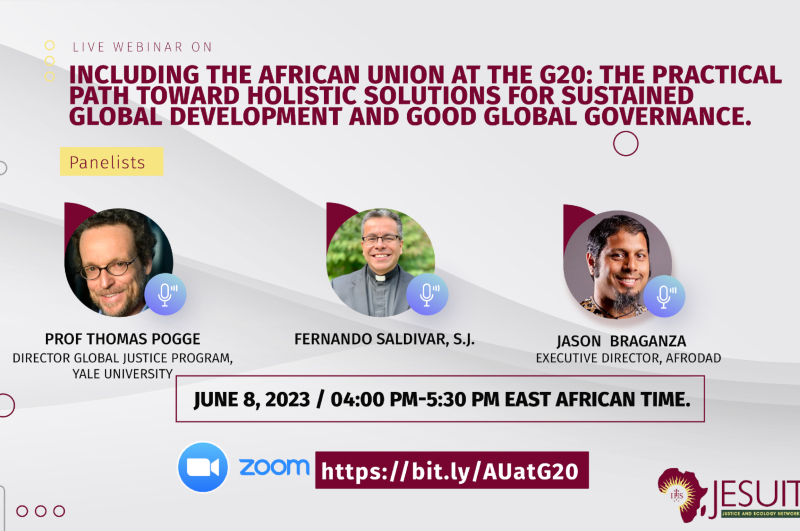
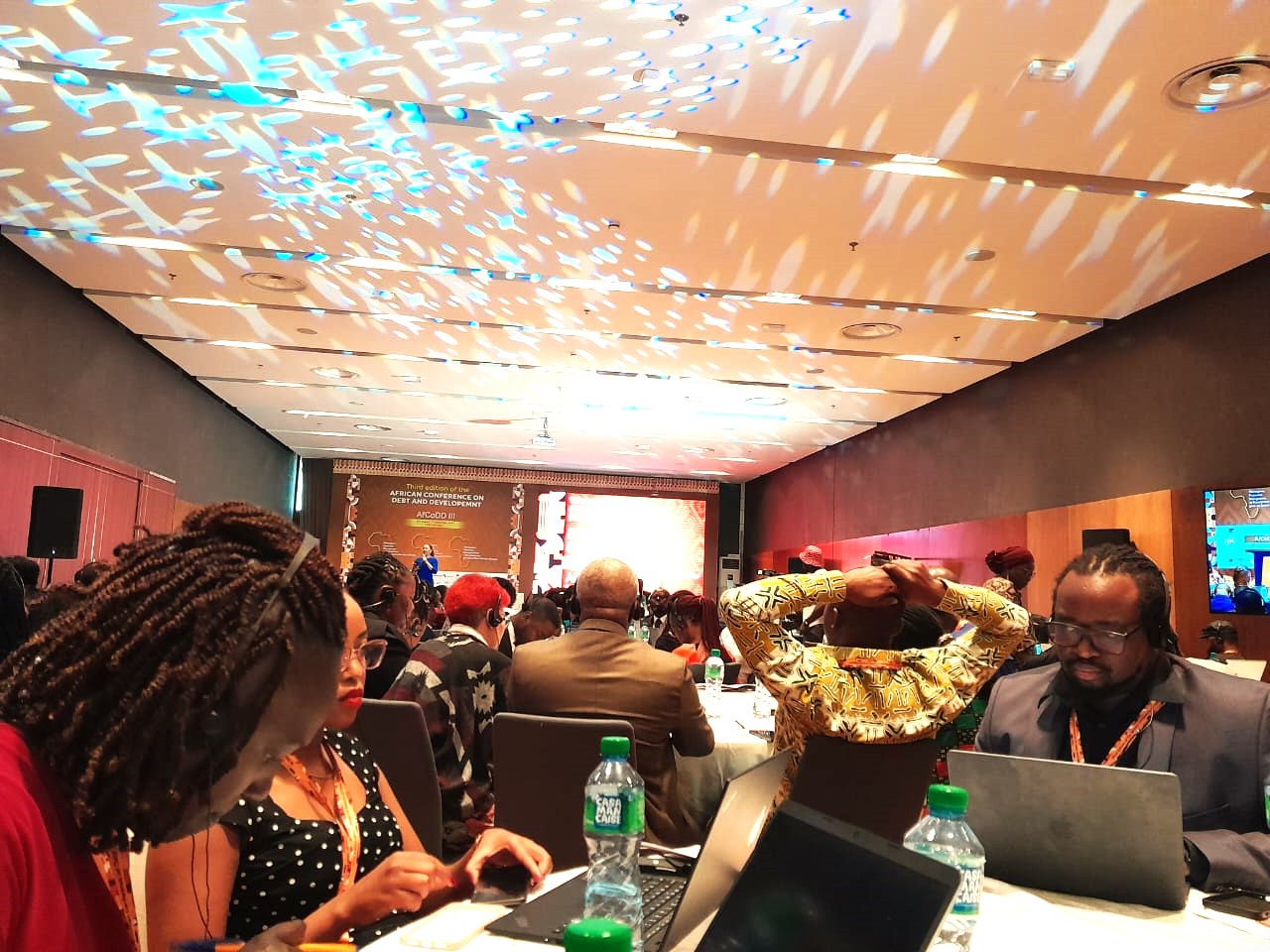
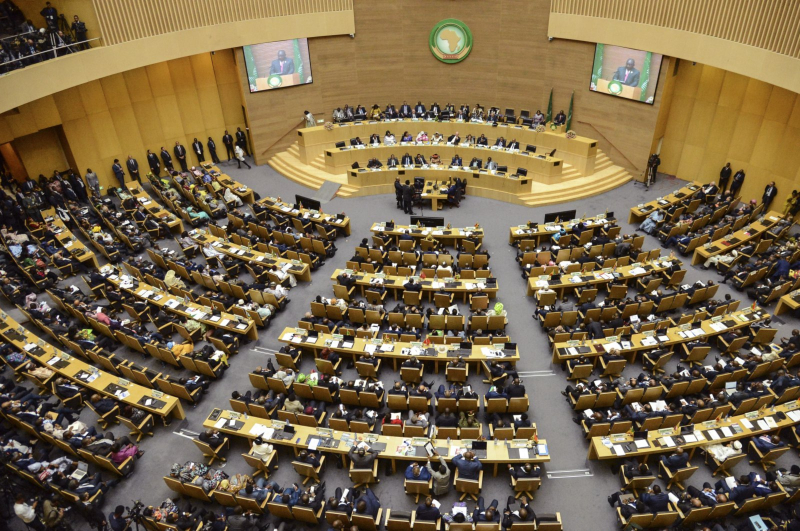
Select Payment Method
Pay by bank transfer
If you wish to make a donation by direct bank transfer please contact Fr Paul Hamill SJ treasurer@jesuits.africa. Fr Paul will get in touch with you about the best method of transfer for you and share account details with you. Donations can be one-off gifts or of any frequency; for example, you might wish to become a regular monthly donor of small amounts; that sort of reliable income can allow for very welcome forward planning in the development of the Society’s works in Africa and Madagascar.
Often it is easier to send a donation to an office within your own country and Fr Paul can advise on how that might be done. In some countries this kind of giving can also be recognised for tax relief and the necessary receipts will be issued.


